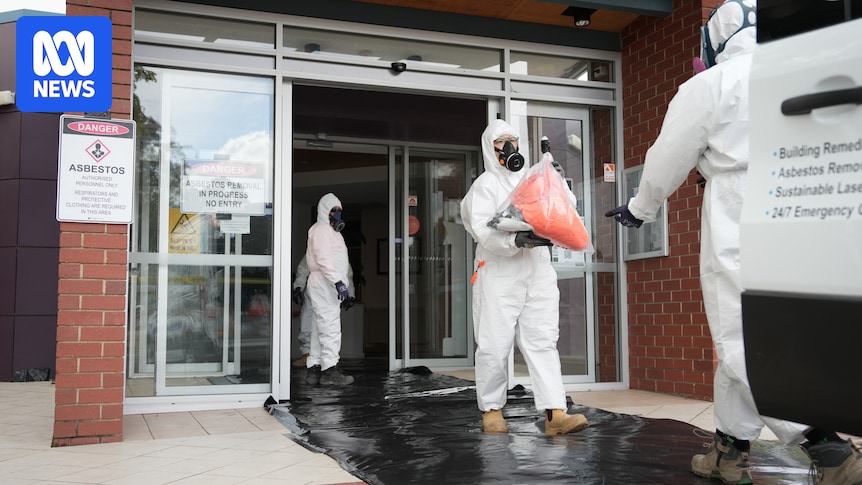
In a decisive move, the Australian Capital Territory (ACT) has closed nearly 70 public schools due to concerns over asbestos contamination in coloured sand products. This action follows a national recall initiated by the Australian Competition and Consumer Commission (ACCC) after laboratory tests detected traces of chrysotile, a type of asbestos. The ACT’s response stands in stark contrast to other Australian jurisdictions, which have not taken similar measures.
The closures, reminiscent of the COVID-19 pandemic’s impact on education, have sparked a debate about the necessity and implications of such a drastic step. The ACT’s decision comes after major retailers Kmart and Target issued a recall for additional coloured sand products over the weekend, prompting the government to act swiftly to ensure the safety of students and staff.
Understanding the ACT’s Decision
The ACT Education Minister, Yvette Berry, has defended the territory’s stringent approach, citing the region’s rigorous asbestos removal laws. “We’re proud of that,” Berry stated, emphasizing the legislative requirements that guide their actions. The ACT’s Work Health and Safety Act (2011) mandates that all asbestos removal work must be conducted by licensed professionals, a standard that the Education Directorate adheres to strictly.
Jo Wood, the director-general of the ACT Education Directorate, assured the public of their commitment to safety, stating, “People can have confidence that we’re really considering the risk and really taking every step to prioritize safety.”
Why Other Schools Remain Open
Despite the ACT’s closures, Catholic and independent schools within the territory remain open. Tracy Taylor, executive director of Independent Schools ACT, explained that thorough searches were conducted, and any contaminated products were handled appropriately. “Out of our 18 schools, 11 of them confirmed they did not have any of the sand products on site,” Taylor noted.
Meanwhile, Catholic Education has been collaborating with the Education Directorate and health authorities to ensure safety measures are in place.
Responses Across Australia
The ACT’s decision is unique, with only one independent school in Brisbane and another in Tasmania opting for closure. Experts, including Professor Martyn Kirk from the ANU’s National Centre for Epidemiology and Population Health, have downplayed the health risks, noting that the asbestos in the sand is unlikely to become airborne. “What we are worried about is when they breathe it in, not if they consume it,” Kirk explained.
In South Australia, 139 sites have identified the presence of the coloured sand, with contractors brought in for cleanup. Western Australia has advised residents to store the products securely, while Queensland has raised concerns about the importation of the Chinese-made products. Victoria is investigating the situation with the sand’s importer and supplier.
“The health, safety, and wellbeing of students, staff, and the school community is the department’s highest priority,” a spokesperson for the NSW Department of Education stated, as no public schools in New South Wales have been closed.
Implications and Future Steps
The ACT’s bold stance highlights the varying approaches to public health and safety across Australia. While the immediate focus remains on ensuring the safety of school environments, the broader implications of this recall could influence future policies on product safety and import regulations. As investigations continue, the ACT’s actions may set a precedent for how jurisdictions handle potential health risks in educational settings.
Looking forward, the situation underscores the importance of swift and coordinated responses to public health concerns, balancing caution with practicality. As more information becomes available, other states and territories may reconsider their strategies, potentially leading to a unified national approach to similar issues in the future.







